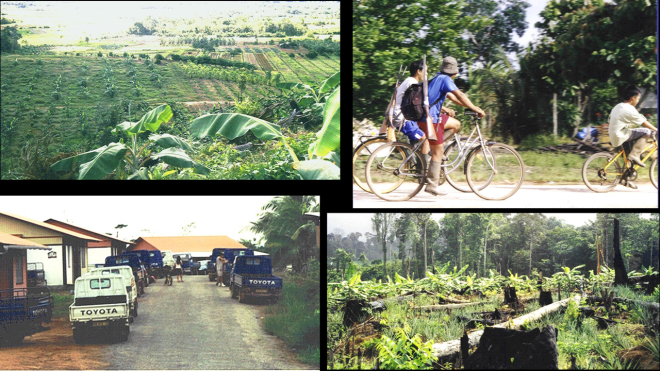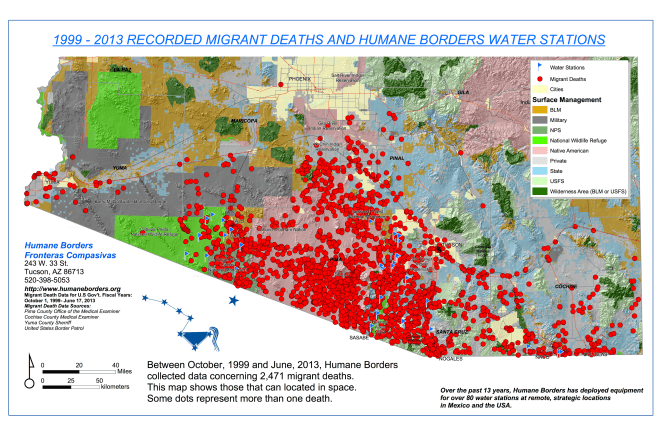“No animal shall kill any other animal… without cause.” – the pigs (George Orwell, Animal Farm)
When I was in the second or third grade I asked my parents about the Ten Commandments, which we had just learned in my Catholic school. Specifically, I wanted to know about the fifth commandment: “Thou shall not kill.” As my father was in the U.S. Navy during the Vietnam War, I was concerned whether he had broken the commandment. To my relief he told me that, as far as he knew, he had never killed anyone.
Beyond my own father’s past —and I know this isn’t an original thought— I wondered how to reconcile this sacred instruction with all of the killing that must have taken place in the wars across history. Were they all sins? Were all those soldiers doomed to hell?
It’s been a long time since that day, and I only have a vague memory of my parents’ response. They said that killing in war was different. Somehow, the rule was lifted when soldiers killed for their country. In the eyes of a child, I guessed that even divine decrees had exceptions.
From an anthropological perspective, it is worth considering how individuals and societies negotiate what forms of violence are permissible. Some religious scholars, like Rabbi Marc Gellman, have written that a more accurate translation of the fifth commandment should be “Thou shalt not murder” instead of “kill.” Gellman noted that while killing entails ending a life, murder is “taking a life with no moral justification.” Similarly, in his book The Warriors, Glenn Gray wrote that “The basic aim of a nation at war in establishing an image of the enemy is to distinguish as sharply as possible the act of killing from the act of murder by making the former into one deserving of all honor and praise” (1959: 131-2).
However, determining when violence (lethal and non-lethal) is morally justifiable can be a gray zone, with people positioning themselves on a continuum between completely nonviolent “doves” to hyper-aggressive “hawks.” While many people hold nonviolence as an ideal; living up to that ideal perfectly has proven difficult to almost impossible. The question is where people draw their line.
Continue reading →





